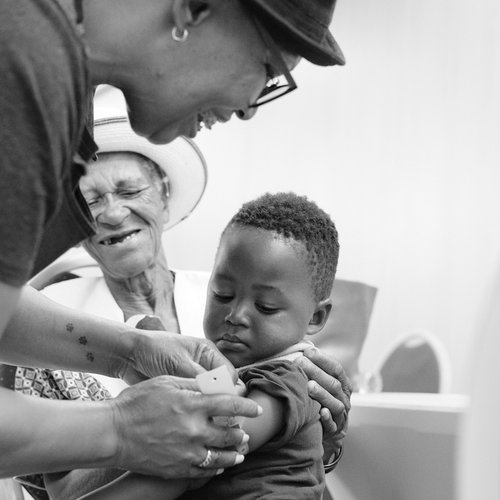Two articles in the April 2025 edition of Field Exchange highlight the connections between nutrition and disability and link to SPOON’s work. Field Exchange is a publication of the Emergency Nutrition Network, focused on nutrition and food security in emergency contexts.
These articles show that while there is an urgent need for far more focus on children with disabilities in the nutrition sector, practical tools and approaches can be used to dramatically improve outcomes for children and families.
Juan Cobeñas, an advocate and member of the SPOON Board of Trustees, was interviewed for the article on Shifting perspectives: Views of experts on changes most needed in global nutrition. Juan calls for accelerating the inclusion of children with disabilities in global nutrition priorities. He describes how transforming nutrition for children with disabilities will require changes in attitudes; inclusive policies and resources; and a true commitment to the 16th Sustainable Development Goal on Peace, Justice, and Strong Institutions.

Childhood malnutrition is the cruellest degree of social injustice and, although the causes are many and complex, I believe that peaceful and inclusive societies, with effective, accountable, and inclusive institutions at all levels, would set the basic cornerstone to put an end to malnutrition.
Juan Cobeñas Member of SPOON's Board of Trustees
An article by Svitlana Austin and Faith Kamazizwa on Thriving Together: Improved nutritional outcomes in children with disabilities in Zimbabwe gives a compelling example of a community intervention to address malnutrition for children with disabilities. Sally Mugabe Children’s Hospital launched an initiative to improve results for children with disabilities treated for malnutrition. As part of this approach, the team adapted SPOON’s materials to train caregivers on nutrition and feeding practices for children with disabilities. The initiative saw improvements in children’s nutrition, and caregivers reported improved feeding practices and less stress around mealtimes.
This small pilot project demonstrated that both the nutrition status of disabled children and caregiving practices can be improved through a coordinated effort to address different aspects of their needs.
Svitlana Austin and Faith Kamazizwa "Thriving Together" article authors
We are thrilled to see this coverage of disability-inclusive nutrition and feeding in Field Exchange, and are grateful to Juan Cobeñas, Svitlana Austin, and Faith Kamazizwa for calling attention to this issue. Read the full issue of Field Exchange.